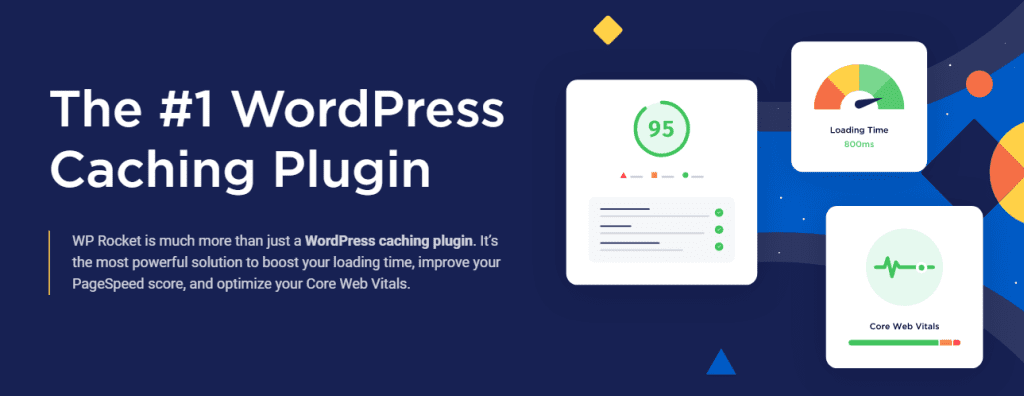Page speed optimization is the process of improving the loading speed and performance of your website’s pages. It is crucial for several reasons:
- User Experience: Faster-loading pages provide a better user experience, reducing bounce rates and increasing user engagement.
- SEO Benefits: Search engines like Google consider page speed as a ranking factor. Faster websites tend to rank higher in search results.
- Mobile Friendliness: With the rise of mobile browsing, faster page speeds are essential for ensuring your website is mobile-friendly.
- Conversion Rates: Improved page speed can lead to higher conversion rates, as users are more likely to complete actions like making a purchase or filling out a form on a fast-loading website.
- Competitive Advantage: Websites with faster loading times often outperform competitors in terms of user satisfaction and search engine visibility.




